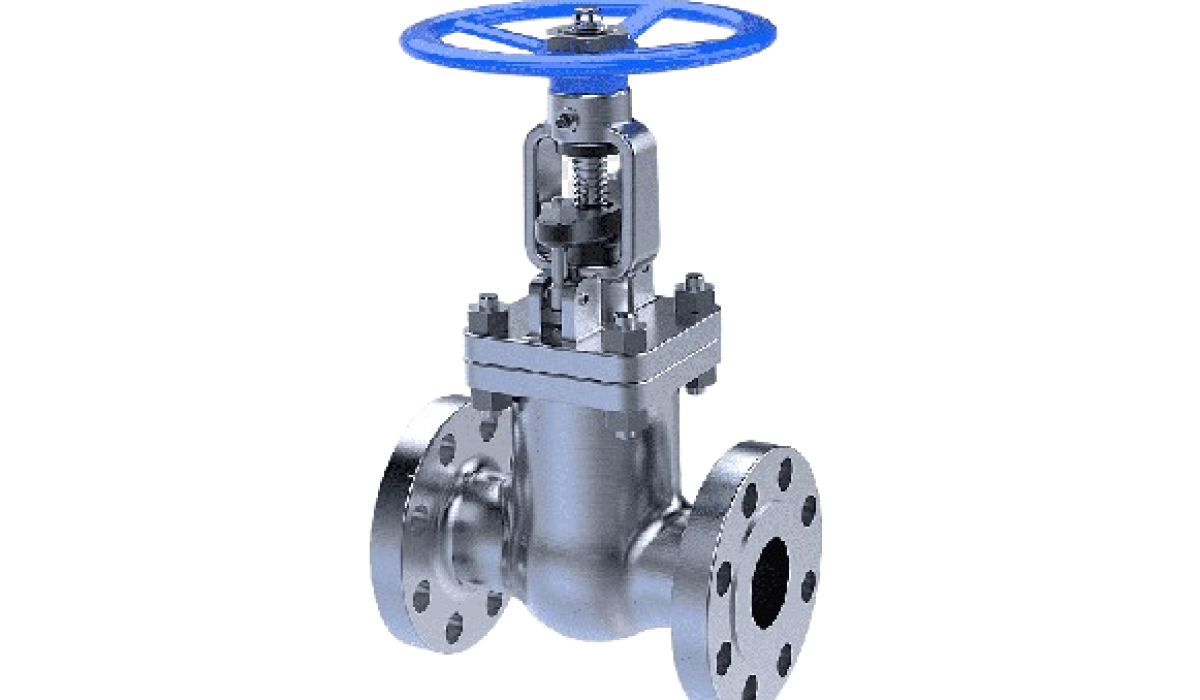Resilient Gate Valves
Resilient Gate Valves: The Key to Reliable Fluid Control
When it comes to managing the flow of fluids in various industrial and municipal applications, gate valves play a crucial role. Among the different types of gate valves, the resilient gate valve stands out due to its enhanced performance and durability. In this blog post, we'll delve into what makes resilient gate valves a preferred choice, their benefits, and common applications.
What is a Resilient Gate Valve?
A resilient gate valve is a type of valve designed to control the flow of fluids through pipelines. Unlike traditional gate valves, which may rely on metal-to-metal contact for sealing, resilient gate valves feature a flexible, resilient material—often rubber—between the gate and the valve body. This design enhances the valve's ability to form a tight seal and resist leakage.
Key Features of Resilient Gate Valves
- Enhanced Sealing: The rubber or elastomeric material in resilient gate valves provides a more effective seal compared to traditional gate valves. This reduces the risk of leaks and ensures a reliable shut-off.
- Corrosion Resistance: Many resilient gate valves are coated or lined with materials that resist corrosion, making them suitable for use in harsh environments or with corrosive fluids.
- Durability: The resilient material used in these valves is designed to withstand wear and tear, ensuring a longer service life and reducing the need for frequent replacements.
- Smooth Operation: Resilient gate valves are known for their smooth opening and closing actions, which help to reduce operating forces and extend the lifespan of the valve and associated components.
- Versatility: These valves are suitable for a wide range of applications, from water and wastewater treatment to industrial processes and fire protection systems.
Benefits of Resilient Gate Valves
- Improved Performance: The ability to form a tight seal reduces the potential for leaks and ensures better control over fluid flow.
- Reduced Maintenance: The durable materials used in resilient gate valves mean they require less frequent maintenance and repairs, leading to cost savings over time.
- Cost-Effective: While they may have a higher upfront cost compared to traditional gate valves, the longevity and reduced maintenance requirements often make resilient gate valves more cost-effective in the long run.
- Adaptability: Their design allows them to handle varying pressures and temperatures, making them versatile for different applications.
Common Applications
- Water Supply Systems: Resilient gate valves are commonly used in municipal water supply systems to control the flow of water and ensure reliable service.
- Wastewater Treatment: In wastewater treatment plants, these valves help manage the flow of wastewater and prevent leakage in critical areas.
- Fire Protection: They are also used in fire protection systems to control water flow in fire hydrants and sprinkler systems.
- Industrial Processes: Their durability and resistance to corrosion make them suitable for use in various industrial processes, including chemical processing and manufacturing.
Maintenance and Care
To ensure optimal performance and longevity of resilient gate valves, regular inspection and maintenance are recommended. Check for signs of wear, leaks, or corrosion, and ensure that the valve is operating smoothly. Proper installation and periodic servicing will help maintain the valve's efficiency and extend its service life.
Conclusion
Resilient gate valves are a vital component in modern fluid control systems, offering enhanced sealing, durability, and reliability. Whether for municipal water systems, wastewater treatment, or industrial applications, their ability to provide a tight seal and resist harsh conditions makes them a preferred choice. Understanding the features and benefits of resilient gate valves can help you make informed decisions about your fluid control needs and ensure that your systems operate efficiently and effectively.

